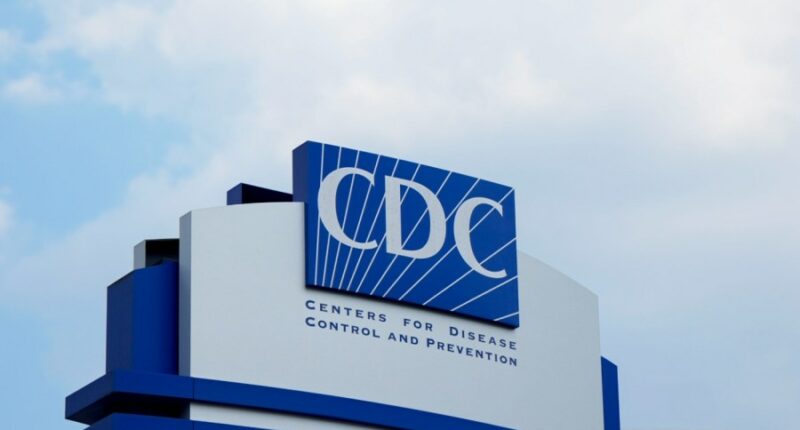Share this @internewscast.com

The Centers for Disease Control and Prevention’s (CDC) vaccine advisory panel is set to review the scheduling of other childhood vaccines, following their decision to delay the measles, mumps, rubella, and chickenpox vaccine schedule.
The CDC’s Advisory Committee on Immunization Practices (ACIP) announced the formation of a Childhood and Adolescent Immunization Schedule Workgroup, according to documents updated on Wednesday.
The workgroup’s mission is to examine data and clinical knowledge related to the immunization schedule for children and adolescents. Their goal is to develop policy options for ACIP to recommend to the CDC’s Director, aiming to refine immunization schedules.
Workgroups are regularly used by the ACIP to facilitate discussion on recommendations presented before the committee.
After Health and Human Services Secretary Robert F. Kennedy Jr. reformed the ACIP, Retsef Levi was appointed as head of the COVID-19 working group. Levi has been a vocal critic, advocating for the cessation of mRNA COVID-19 vaccines and asserting the CDC hasn’t adequately communicated vaccine risks.
According to ACIP, this latest workgroup will consider “new vaccine technologies and ingredients, and the rise of vaccine hesitancy.”
This workgroup will assess the timing and sequence of various vaccines, the use of other immunizing products like monoclonal antibodies, the safety of vaccine components such as aluminum, and evaluate the safety and effectiveness of vaccine schedules used in other countries.
The members and chair of this workgroup were not disclosed.
Kennedy has been a fervent critic, often arguing that there is an excessive number of vaccinations recommended for children, frequently citing figures as high as 92 vaccines from birth through adolescence.
The true figure is nebulous, dependent on a child’s health, though not likely to be in the 90s. Pia Pannaraj, a professor of pediatrics and member of the American Academy of Pediatrics (AAP) Committee on Infectious Diseases, told ABC News last month that her estimate is around 33 vaccines on a standard schedule between birth and 18 year of age.
Kennedy has also long championed the theory that the mercury-based preservative in some vaccines may cause neurological issues in children, despite no evidence yet establishing a causal link at the levels that the mercury is present in immunizations today.
In September, the ACIP voted to delay the use of the combined measles, mumps, rubella and chickenpox vaccine; pushed back a planned vote on the Hepatitis B vaccine; and replaced the COVID-19 vaccine guidance to individual decision-making.













